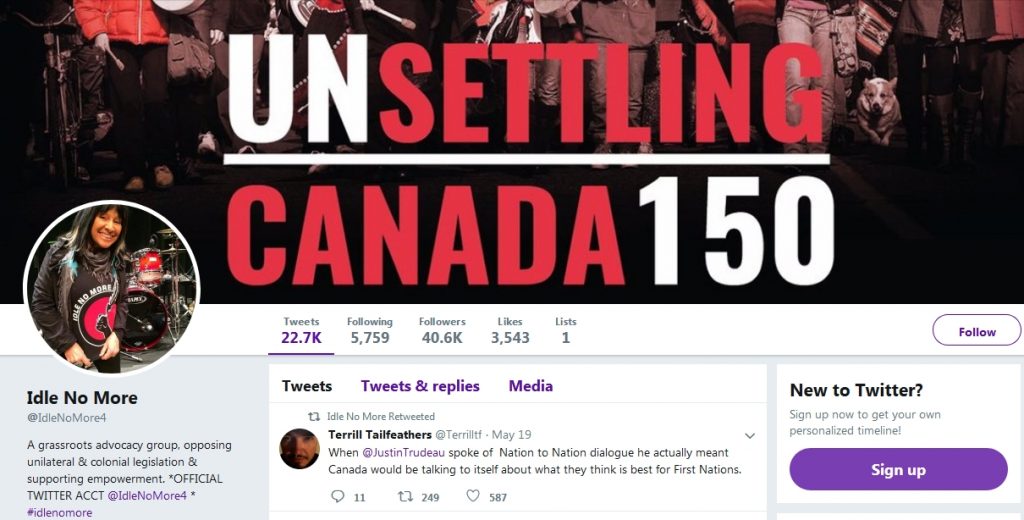Budka, P., Mader, E. 2009. New forms of socialities on the web? A critical exploration of anthropological concepts to understand sociocultural online practices. Paper at “Web as Culture Conference”, Giessen, 16-18 July.
Abstract
Internet technologies and the World Wide Web promised a lot of things: from instantaneous global communication and fast information gathering to new forms of politics, economy, organizations, and socialities, including a renewed sense of community. By studying these online and “virtual” communities, internet researchers initially focused on their structure and development (e.g. Jones 1995, Smith & Kollock, 1999). Social network theory then changed decisively the way communities on the web have been conceptualized and analyzed. Scholars like Barry Wellman (et al., 2002) and Manuel Castells (2000), argue that in the internet age societies, communities, and individuals all have a network character. Thus the conceptualization of community as social network, by focusing on the interactions in these communities, has become widespread in internet studies.
Community and social network as concepts of sociality have been critically reviewed by anthropologists particularly in the context and process of ethnographic fieldwork. Vered Amit (2002), e.g., states that community is, because of its emotional significance and popularity in public discourses, a rather poor analytical concept. Internet ethnographers hence have been starting to look for alternative ways of understanding online socialities by moving beyond the community/network paradigm (Postill 2008).
In this paper we are critically discussing the potential of alternative concepts of sociality to analyze how people are interacting on the web. In so doing, we are firstly reviewing the quite popular concept of “communitas” developed by Victor Turner to differentiate between society as social structure and society as communitas constituted by concrete idiosyncratic individuals and their interactions. In the context of the sociocultural web, the liminal experience of people switching between these two stages is particularly interesting. Secondly, we are introducing the concept of “conviviality”, coined by Joanna Overing, to internet studies. Conviviality accentuates the affective side of sociality, such as joy, creativity, and the virtues of sharing and generosity, as opposed to the structure or functioning of society. These analytical concepts and tools, derived from anthropological and ethnographic research, are finally applied to an empirical case study of Bollywood fan communities on the web and their sociocultural practices.
References
Amit, Vered (ed.). 2002. Realizing community: concepts, social relationships and sentiments. London & New York: Routledge.
Castells, Manuel. 2000. The rise of the network society. Second Edition. Malden: Blackwell Publishers.
Jones, Steven G. (ed.). 1995. CyberSociety: Computer-Mediated Communication and Community. Thousand Oaks: Sage Publications.
Kollock, Peter, Smith, Marc A. (eds.). 1999. Communities in Cyberspace. London & New York: Routledge.
Postill, John. 2008. Localising the internet: beyond communities and networks. In: New Media and Society 10(3), 413-431.
Wellman, Barry, Boase, Jeffrey and Wenhong Chen. 2002. The networked nature of community: online and offline. In: IT&Society 1/1, 151-165.
